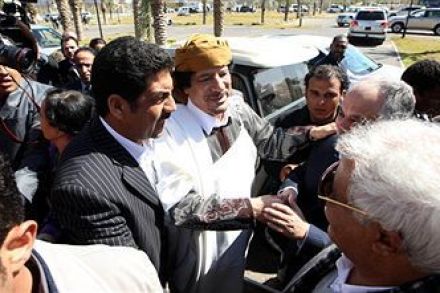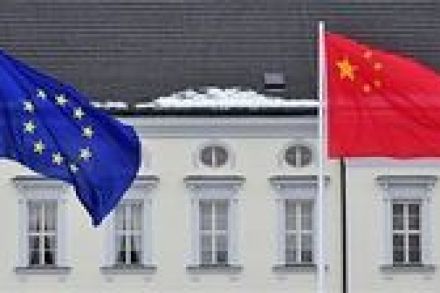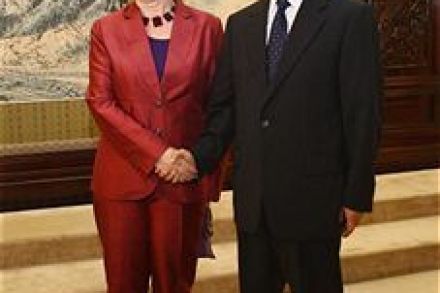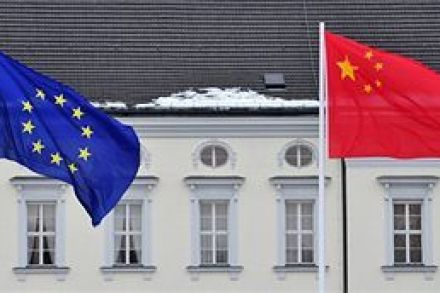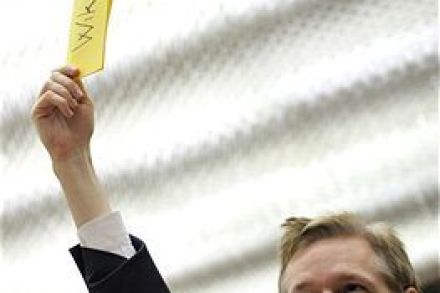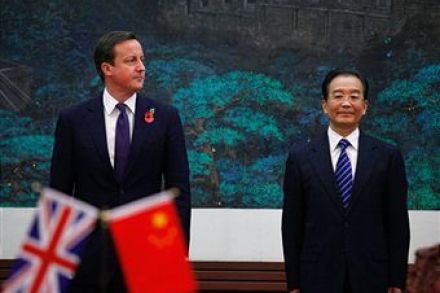Osborne gets his man
So Martin Sorrell is set to move WPP back to Britain. This was always part of Osborne’s Budget plan, as I revealed in my News of the World column and also mentioned on Coffee House. As I said in the newspaper: “The Chancellor has been on bended knee, pursuing Sorrell with energy that would make Berlusconi blush. ‘What do we need to do?’ he asks. Sorrell’s answer is to cut the tax on overseas profits. So Osborne will, hoping to lure back companies who generate most of their cash abroad.” Today, Sorrell will announce that he’ll come back from Ireland if the Budget is made law. Of course it will



